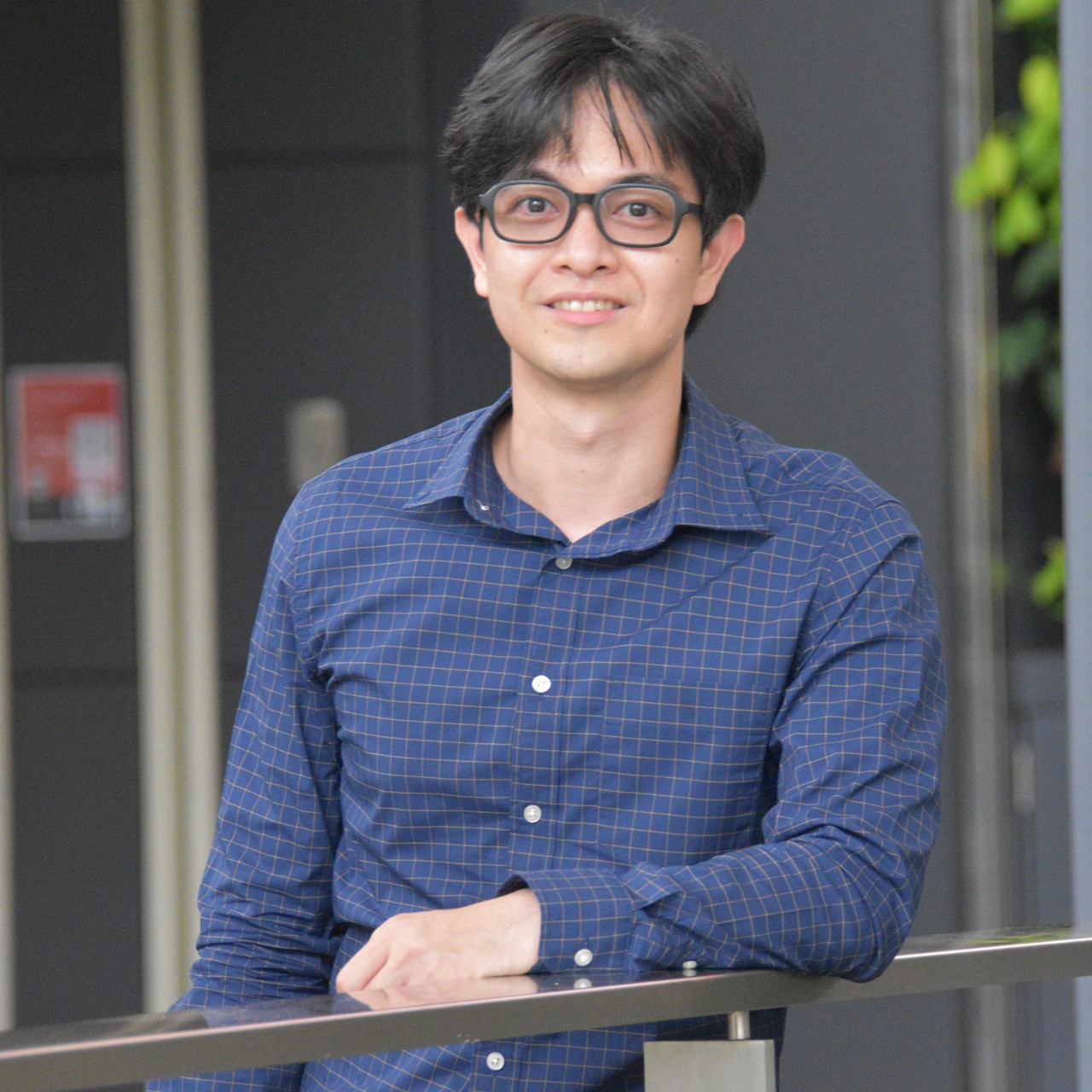
In order to survive the impact of the pandemic, many businesses have had to nimbly pivot on to digital platforms. This has highlighted the growing importance for the accounting profession of having the right people and skillsets on board in order to enable to take advantage of the digital revolution.
Digital transformation is key in integrating, directing, interpreting and utilising data from operations to support strategic growth and identify potential threats.
With this in mind, ACCA Singapore and the Singapore Management University (SMU) have launched the ‘Innovate & Ignite’ series. The joint certification programme enables participants to address knowledge gaps, providing clearer vision on how to strategise in the digital transformation of finance.
Comprising six modules, the programme will give participants the opportunity to learn from experts on the essential skills, practices and mind-set in the digital age in order to take advantage of new digital opportunities, respond to potential threats and set the right direction forward.
One of the first participants was Lim Cheng Huang, director of Avodah Business Service. Having performed strategic roles in multinational organisations operating in the Asia-Pacific region, he was keen to improve his firm’s efficiency and effectiveness through continuous systems improvements.
Career paths in the profession will become more diverse and working lives will evolve as technology blurs the work divide between humans and machines
Fill the gaps
‘My catalyst for signing up to the ACCA-SMU course was my need to fill any potential gaps in knowledge,’ Lim says. ‘I need to ensure that I continue to have the relevant skills in the digital economy.’
As a result of the course, Lim says that Avodah Business Service now provides accounting software that is digital-ready, cloud-based and modular.
Acquire the digital quotient
Digital is one of seven quotients that ACCA has identified as essential in order for accountants to keep their skills relevant in a fast-changing business landscape.
Lim would like to see the series extended to cover RPA and blockchain modules: ‘I am interested in being adept technically and achieving industry-recognised technical certification on these skillsets,’ he says.
‘It is especially important during this pandemic period to have the skills necessary to serve my clients in their digital transformation. The challenge will lie in continuous training and upgrading, as well as harnessing the speed of offering competitive services.’
Training for the new normal
Reuter Chua, head of ACCA Singapore, notes that post-pandemic, digital transformation is the inevitable new normal, driving the need for continuously evolving businesses, course offerings and career shifts.
‘While Covid-19 forces organisations to rapidly transform and adopt technology, there are also a number of other forces at play,’ he says. ‘These include changing expectations of individuals in the workplace and shifting social norms and values, as well as new types and levels of connectivity and demographics.’
Take five zones
Chua points to a recent ACCA report, Future ready: accountancy careers in the 2020s, which lists five emerging career zones: the assurance advocate, the business transformer, the data navigator, the digital playmaker and the sustainability trailblazer.
‘Career paths in the profession will become more diverse and working lives will evolve as technology blurs the work divide between humans and machines, ’ Chua says. ‘We will have to continue to advance to remain relevant.’
Dr Lim Lai Cheng, executive director at SMU Academy, says that the collaboration with ACCA builds on their successful longstanding partnership.
‘We wanted to tap ACCA’s knowledge of the industry to make us more relevant and responsive,’ he explains.
Toolkit for transformation
The desired outcome of the series is to provide finance professionals with a tool kit, frameworks and competencies to transform their businesses, no matter how big or small.
‘The pandemic has forced businesses to face the grim reality that traditional firms that are slow to adopt technology will be at the losing end,’ Lim says.
‘To combat knowledge deficiency, ACCA and SMU are looking to equip professionals in financial and accounting firms with the skills to tap available funding and work with technologists in creating prototypes for business.’
Lim adds that future collaboration is likely to focus on training projects aimed at accelerating innovation and integrating RPA, 5G technology, augmented reality and virtual reality into businesses: ‘This will dramatically enhance customer experience and work processes.’





